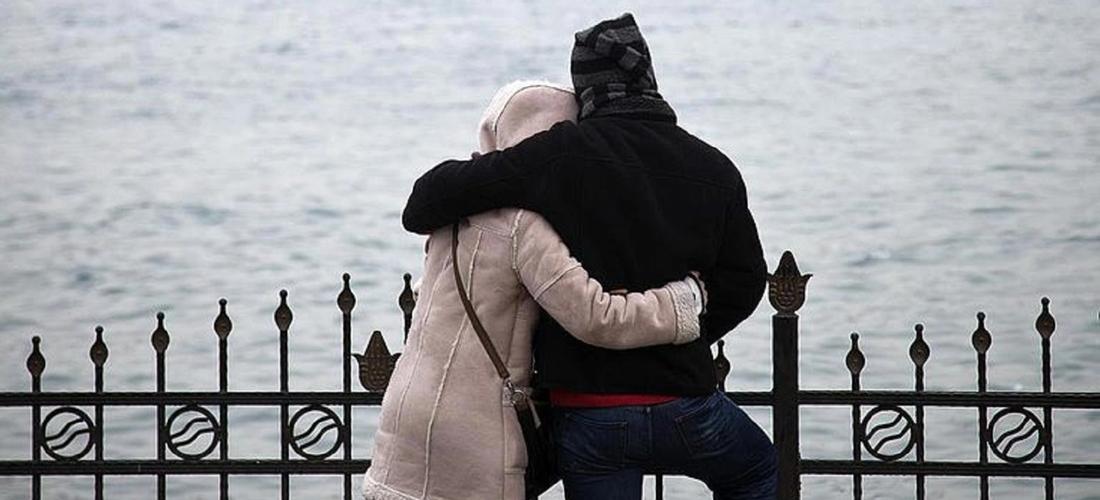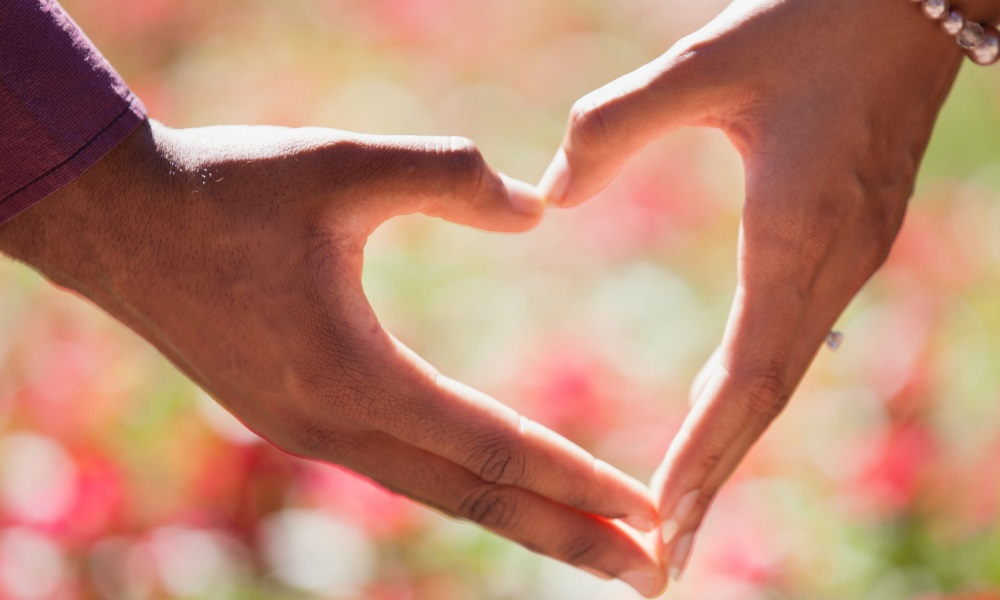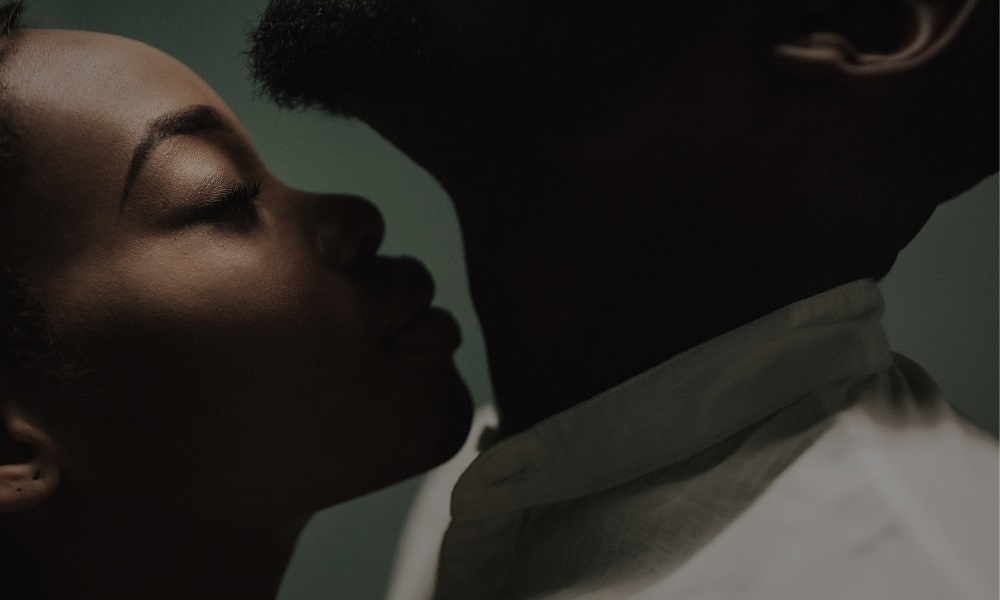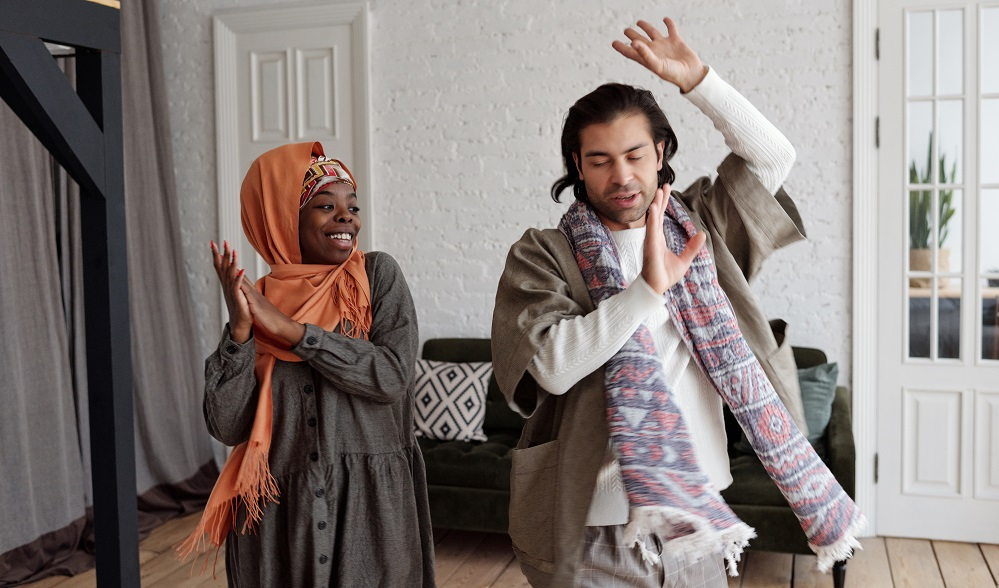Beyond Flowers & Chocolates – Prioritizing Love And Romance, Muslim Style
Lifestyle
|
Feb 12, 2021
|
6 MIN READ

Image source: Pinterest
Valentine's Day is here, a holiday filled with all kinds of trappings that cost a ton of money. It amazes me how much time and energy people burn through to do the most to express their love, affection and thirst for one another. Do not get me wrong. I like gifts showered on me as much as the next person, but to pinpoint one day out of the year for hearts and chocolate seems narrow, especially since Islam teaches us that showing one’s partner love and affection is a mark of Allah’s (S)greatness and something to be done daily.
So, why just pluck out a date arbitrarily? That is because Valentine’s Day is not some random date but a holiday with Eurocentric underpinnings that dominate global mindsets about love, including Muslim ones.
I do not intend to bash Valentine’s Day or Muslims who decide to observe it. Although I avoid celebrating it, I get just as irritated at the haram police raging against the halal-ness of buying some flowers and a heart-shaped box of candy. So, I will not go down the “holiday origin story” road to make people ashamed or defensive about accepting a card from someone they’ve been crushing on or their non-Muslim relative.
However, I would like to highlight how many Muslims prioritize romantic ideals created by the dominant European structure while ignoring or remaining oblivious to those in our Islamic teachings. Even many Muslims who troll social media with indignant tirades about Valentine’s Day adopt the Eurocentric gestures of the dominant white society to show their ardor. So, after they finish chastising their fellow Muslims, they will engage in the same practices – just on other days while disregarding how they too have been influenced by European romance.
They may grab a box of chocolates and sparkling cider, light candles and sprinkle rose petals on the bed, framing similar romantic environments and deluding themselves into thinking that what they do is somehow different.

Face it. We are all caught up in many of the Eurocentric markers of romance and structure our relationships on them. Most of the time it is because a lot of us do not realize that Islam as a deen (way of life) INCLUDES romance. We’ve been blinded from it through scholarship and social messaging that encourages us to create a piety tunnel vision that excludes romance. But if we explore, we will find that Islam contains a rich tradition of romance that fosters love and passion between partners.
Islamic Romance is a Thing
In a previous article about long-term relationships, I pondered on when Muslims detached the intrinsic links between faith, love and sensuality, all of which are essential to developing fulfilling intimate relationships based on eros (passionate) love and enhanced by romance. In his book Sexuality in Islam, Abdelwahab Bouhdiba asserts that passion between a couple is the basis of Islamic life:
“The erotic drive reigns everywhere,” he writes. “Where there is life, there is desire, and where there is desire, there is Eros. As soon as man was chased from paradise, he was thrown into a world in which Eros found meaning. The life of the world is a life devoted to Eros … It is Eros, therefore, that governs the entire universe.”
Some may claim that romance, passion and eros love are not all that deep a part of Islamic life, but Allah (S) has pointed to them as his signs. He states:
“And one of His signs is that He created mates for you from yourselves that you may find rest in them, and He put between you love and compassion; most surely there are signs in this for a people who reflect.” (Quran 30:21)
The Prophet Muhammad (saw) was a consummate romantic who developed loving relationships with his wives. He directly attached his noble character to how he interacted with them, saying:
"The best of you is the one who is best to his wife, and I am the best of you to my wives." Ibn Majah Book 9, Hadith 13
Many hadiths contain a number of examples of how the Prophet (saws) expressed his love. He) bathed his wives, helped around the house, shared their interests, gave them pet names, cuddled and played with them. He) also freshened up and would feed them, putting food into their mouths. How swoon-worthy is that?
In the ninth century, Arab scholars developed ‘ilm al-bah (The Art of Coition), an erotological branch of Islamic scholarship that focuses on sexual love (eros) and lovemaking. Most of their works remained inaccessible to Muslims, outside of universities, until modern Islamic Erotology scholar Habeeb Akande wrote A Taste of Honey: Sexuality and Erotology in Islam. Akande compiled many scholarly works representing the importance of love, sex and romance to the lives of Muslims and the cohesive nature of Islam, through addressing every aspect of how we live.

Divine text, examples from the life of our Prophet (saw) and Islamic scholarship contain teachings that encourage us to create romantic eros relationships that fulfill each partner. It will benefit Muslims to explore Islamic works on eros love and assess ways to strengthen their bonds with Allah (S) through intimate connections with their partners instead of seeing love and lust as separate from faith, leaving us to look for examples and at depictions of romance outside of Islam.
While adopting Euro-based romantic activities may not be fundamentally bad, doing so exclusively can lead to cultural submission (feeding into notions of European supremacy) and personal schisms between one’s faith, desire and relationship with Allah.
Allah created us as beings with desires and libidos. Muslims should embrace and appreciate the divine nature of eros love and seek to reconnect their spiritual and romantic lives.
Do Romance Our Way
Islamic teachings offer concepts of romance exterior to those formed by Europeans and disseminated through colonization and chattel slavery. European romance conditions us to think of romance as candies, flowers, jewelry, Valentine’s Day, anniversaries and a plethora of other things generated for the benefit of Western capitalism. Disagree? Just consider how the buying of things – the more expensive the better – serves as a primary metric to measure love.
One study projects that Valentine’s Day spending in the U.S. alone will reach approximately 22 billion dollars this year. We want our partners to open their wallets, and we think they do not love us and are not romantic if they don’t.
I am not saying that partners should not buy each other tokens of affection or gifts of appreciation, but Muslims could use Islamic teachings to sit back and think about what they think of as romantic. After some contemplation, generate some personal asks, those things partners can do to demonstrate their love. It may be flowers, jewelry and candy – or not.

Over the years, my husband and I tried to get and/or do some of the typical romantic things and activities. Most of the time, they fell flat. We learned to value our preferences over the things promoted as romantic by popular culture. Instead of roses on the floor and bed – which I only saw a mess to clean up – I shared my love for books with my husband. One time, he hauled a monstrous book containing the complete works of William Shakespeare into the house that he had picked up a yard sale. The small gesture showed that he thought of me and valued my likes.
I also learned things I could do to be romantic with my husband. He is a man of simple wants, but one constant is that he likes to share food. I hate it. I’m like, back away from my plate! But, I wanted to demonstrate my affection. So, I will often make sure to offer some of my food before he even asks. Just like him bringing home a musty book of one of my favorite authors, I use sharing food to send him the message that he is my Papa Bear in ways that the usual romantic won’t.
Once one sits back and values the layers of romance in an Islamic context with those ingrained in us by popular society, they may realize that flowers are not their thing and that they prefer something else. Learn your spouse’s love language. People should take control of their love agency and negotiate with their partners to develop better concepts and exhibitions of romance that foster mutual respect and desire for each other, the need to make each other happy and the sense that they are loved, appreciated and cherished.
Ultimately, that is what all this romance stuff means.
How do you and your spouse do romance? Share with us in the comments below!
Subscribe to be the first to know about new product releases, styling ideas and more.
What products are you interested in?

